Public Gimkit Codes is a popular educational game that combines learning with exciting live quizzes. While teachers and students can create their games, many players look for public Gimkit codes to join live sessions without setting up their own. In this guide, we’ll explain how to find public codes, how to use them, and how to get the most out of Gimkit for free.
What Are Public Gimkit Codes?
Public Gimkit codes are unique game IDs that allow players to join active Gimkit sessions without needing a host. These codes are usually shared by teachers, students, or online communities hosting live Gimkit games.
Where to Find Public Gimkit Codes
If you’re looking for a working Gimkit code, here are some ways to find one:
1. Social Media & Online Communities
- Check Reddit, Discord, Twitter, and Facebook for posts where users share active Gimkit game codes.
- Join Gimkit-related Discord servers where members postcode in real-time
2. Gimkit Forums & Subreddits
- Visit education-focused forums where teachers and students share public game codes.
- Check subreddits like r/Gimkit or r/EdTech for the latest shared sessions.
3. TikTok & YouTube Live
- Many streamers on TikTok and YouTube Live host public Gimkit games and display their codes for viewers to join.
- Follow popular education content creators for updates on new live game codes.
4. Classroom Codes from Teachers
- Some teachers make their Gimkit sessions public, so students from different classes can join.
- If your school allows it, ask teachers if they host open Gimkit games.
How to Join a Public Gimkit Game
Once you have a valid Gimkit code, follow these steps to join a live game:
- Go to Gimkit.us/join
- Enter the game code provided.
- Choose a nickname and click Join.
- Wait for the host to start the game.

Tips for Using Public Gimkit Codes
✔ Check Expiration: Public codes expire when the game ends, so always look for updated ones.
✔ Avoid Fake Codes: Some users share outdated or fake codes—stick to trusted sources.
✔ Respect the Host: If a game is for a specific class, don’t disrupt it.
Gimkit is an interactive learning platform that allows students to engage in educational games created by teachers. It operates similarly to quiz-based platforms like Kahoot and Quizizz, but it introduces unique game mechanics such as earning virtual currency to buy power-ups and strategies that make learning more interactive. Public Gimkit codes refer to game access codes that are shared openly, allowing multiple users to join a live game session without needing a private invitation. These codes are typically generated by a teacher or host when they launch a live game, and players must enter the code on the Gimkit website or app to participate. Public Gimkit codes are often shared among students, educators, and gaming communities to encourage collaborative learning and friendly competition.
Many students and teachers look for public Gimkit codes to join active games, especially when they do not have a personal game to participate in. Public codes can sometimes be found on educational forums, social media platforms, and classroom communication channels where teachers share them for open participation. Some students also seek active Gimkit codes to join random games and compete against others in real time. However, since Gimkit is primarily designed for classroom engagement, public game access is often temporary and dependent on the availability of live-hosted games.
Public Gimkit codes can be beneficial for students who want to practice their knowledge in various subjects, as they provide an opportunity to engage in learning without needing a teacher to assign a game directly. Some teachers also use public games to create interactive study sessions, where students from different schools or locations can compete and learn together. However, due to the live nature of these games, public codes expire once a session ends, making it necessary to find new codes for each game.
Despite the benefits of public Gimkit codes, there are also challenges and limitations. Since these codes allow open access to a game, unauthorized players may join and disrupt the session. Some students may enter to cause distractions, use inappropriate usernames, or interfere with the learning experience. To prevent such issues, teachers can enable security settings such as requiring a school-based login or manually approving participants. Additionally, some public Gimkit codes might be shared in online spaces where students seek to exploit game mechanics rather than use them for educational purposes.
Another challenge with public Gimkit codes is the temporary nature of access. Since each code is tied to a specific live game, students cannot use a single code indefinitely. Unlike study modes or assignments where students can play at their own pace, public codes are only useful as long as the host keeps the game active. As a result, students looking for long-term practice might prefer assigned Gimkit activities rather than searching for public codes.
In conclusion, public Gimkit codes provide a way for students to join interactive learning games without needing direct invitations, offering a fun and engaging way to practice various subjects. While they are beneficial for collaborative learning and competition, they also come with challenges such as temporary access and potential disruptions. Teachers and students should use public Gimkit codes responsibly to ensure a productive and enjoyable learning experience.
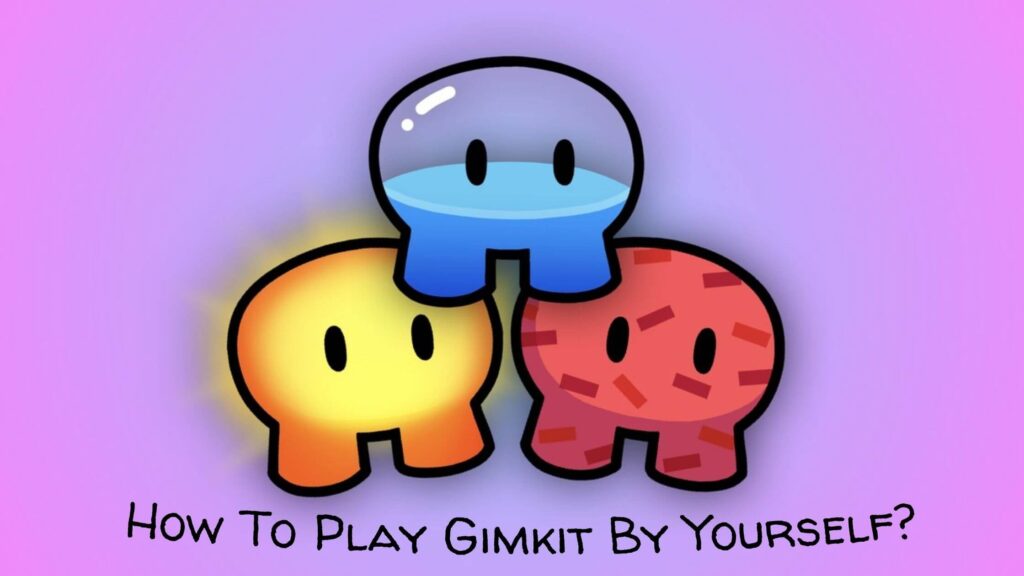
Conclusion
Finding public Gimkit codes lets you join exciting educational quizzes for free. Whether you get them from social media, YouTube, or online forums, be sure to use them before they expire. Keep checking for fresh codes to enjoy unlimited learning fun! Public Gimkit codes are temporary game codes that allow players to join live Gimkit game sessions. These codes are typically created by a host (teacher or player) when they start a game and are shared with others so they can join. There isn’t a permanent list of public Gimkit codes because each code expires once the game session ends. However, you might find active codes shared by teachers, students, or gaming communities on platforms like Discord, Reddit, or educational forums.

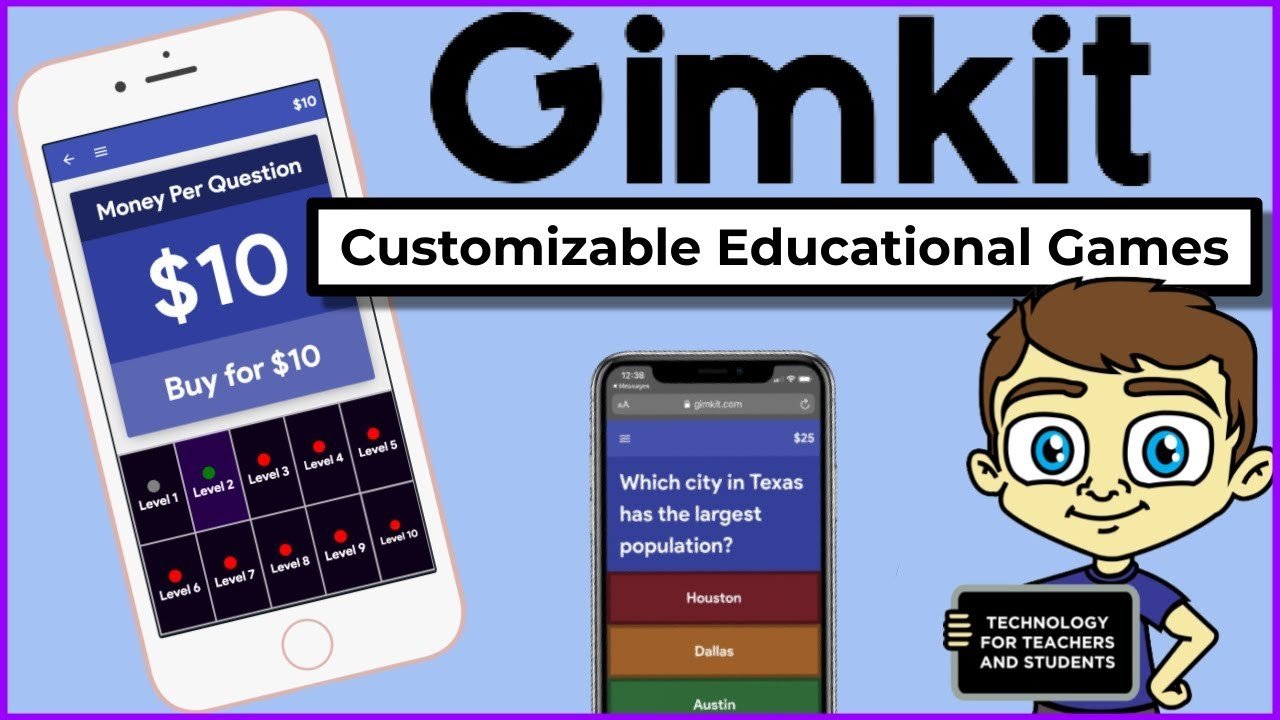
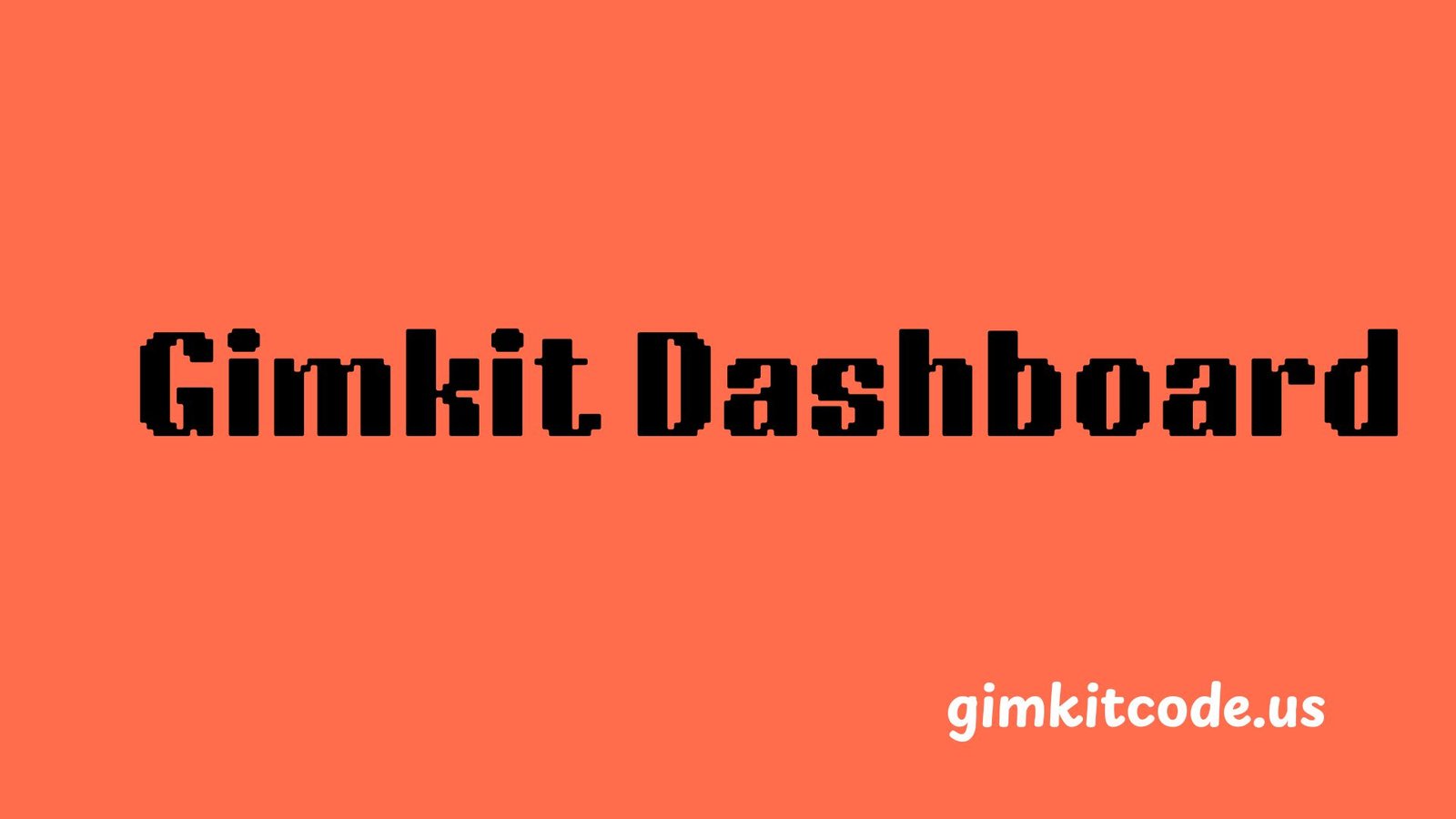

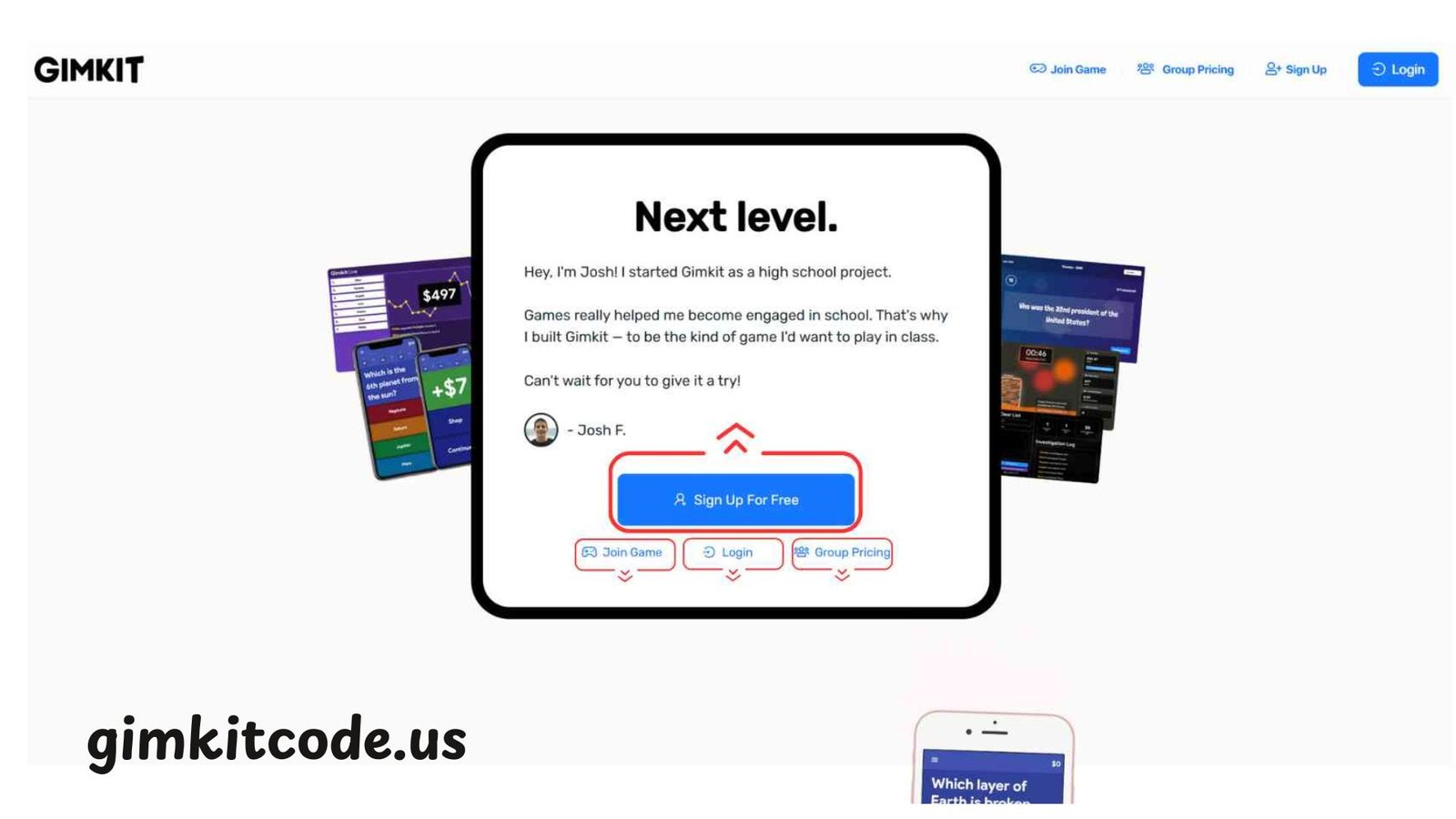
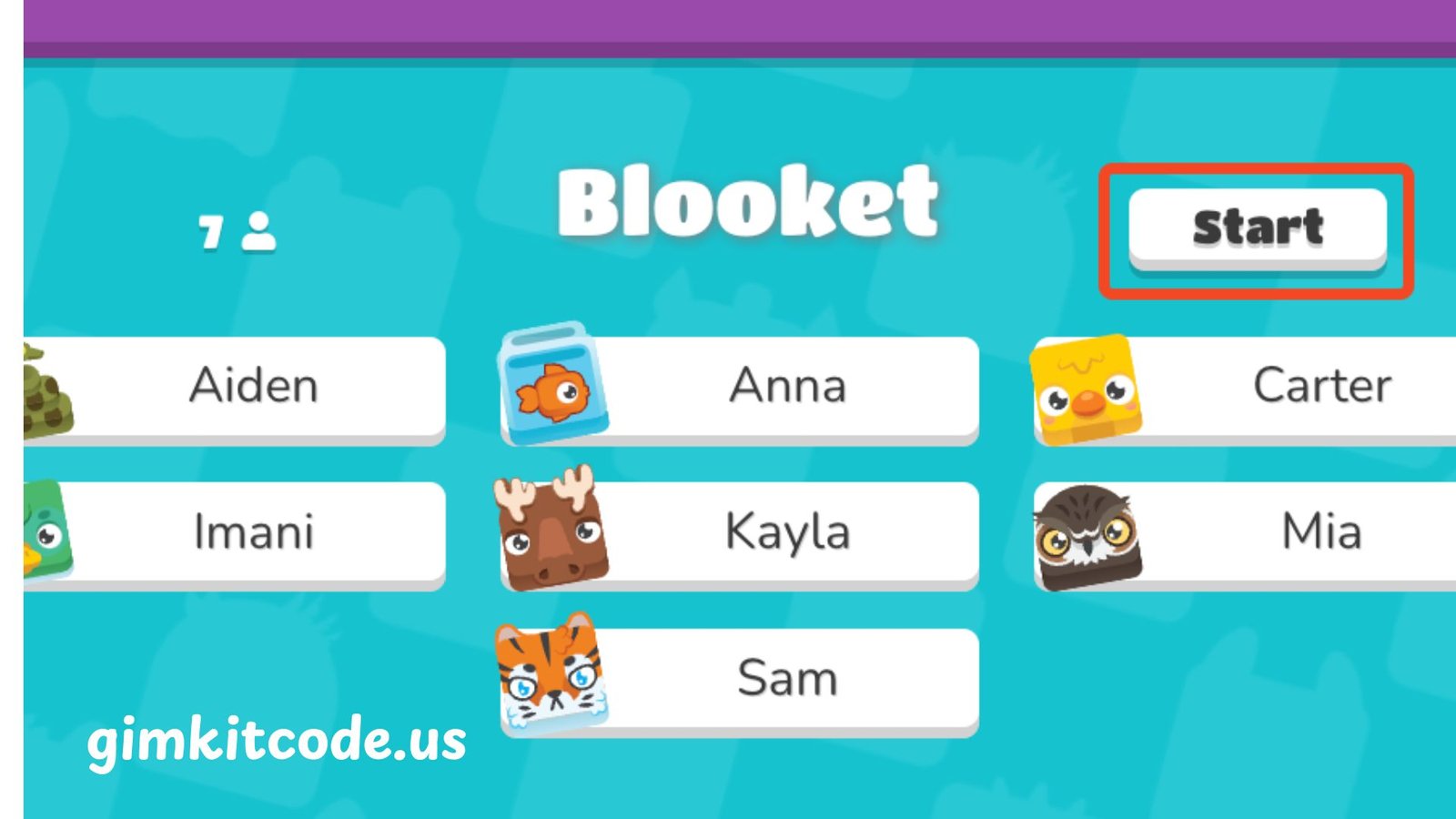


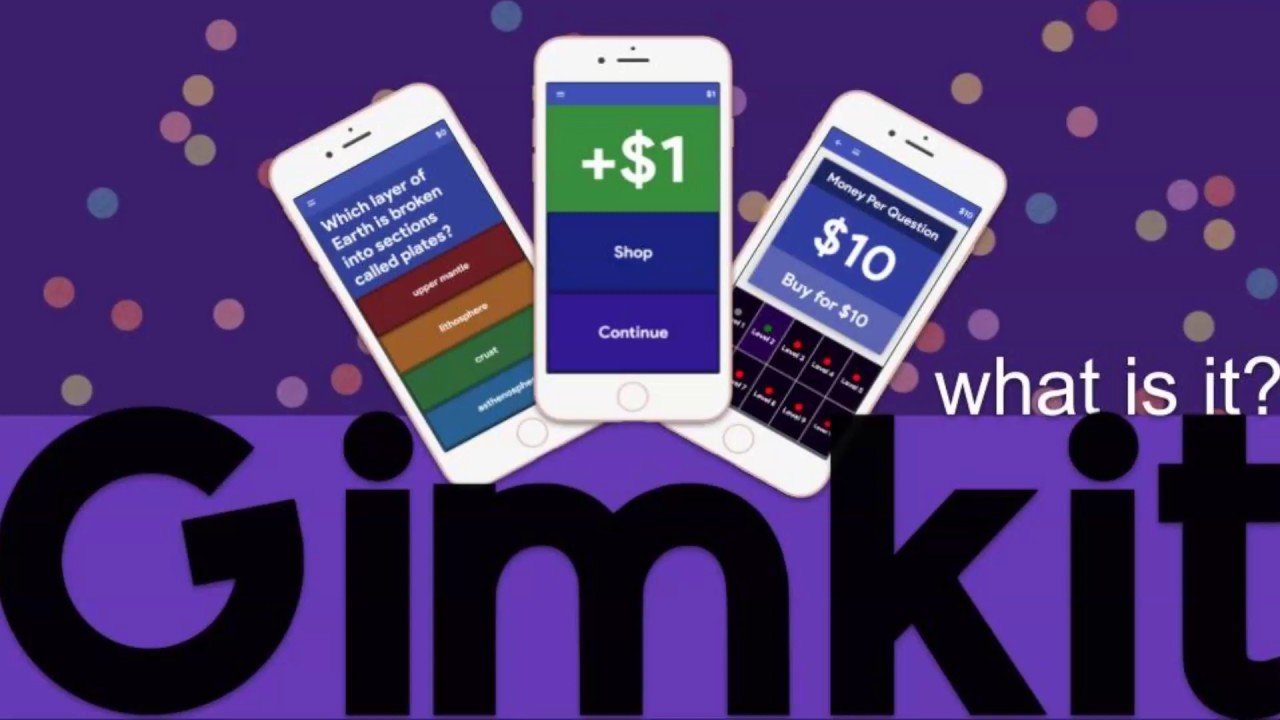
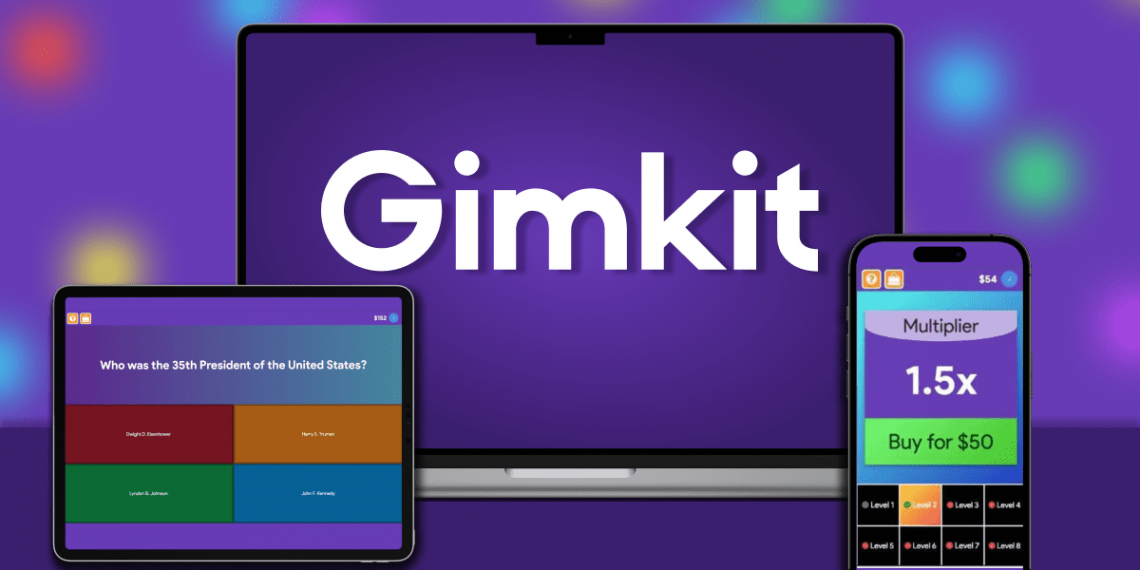
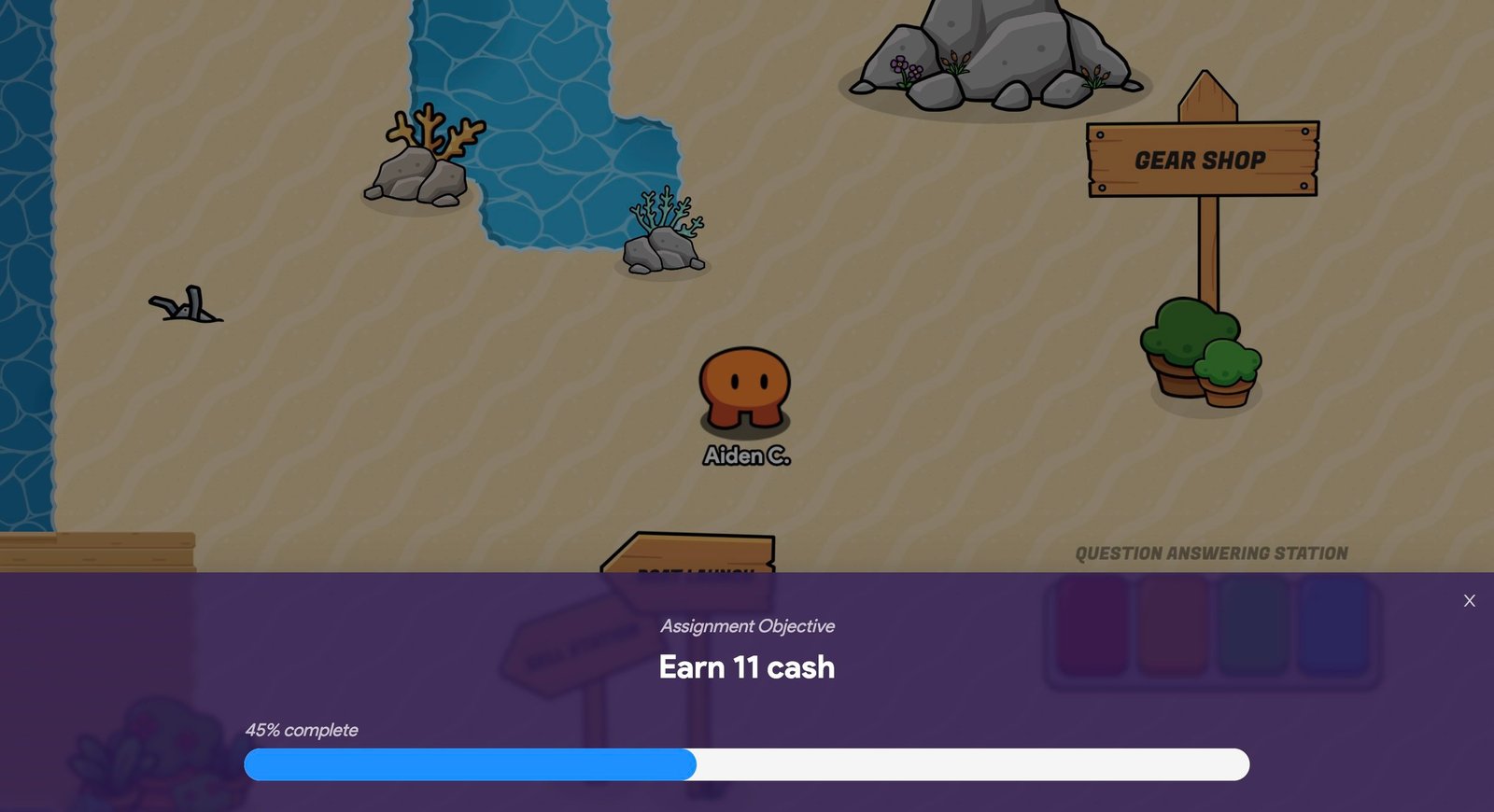


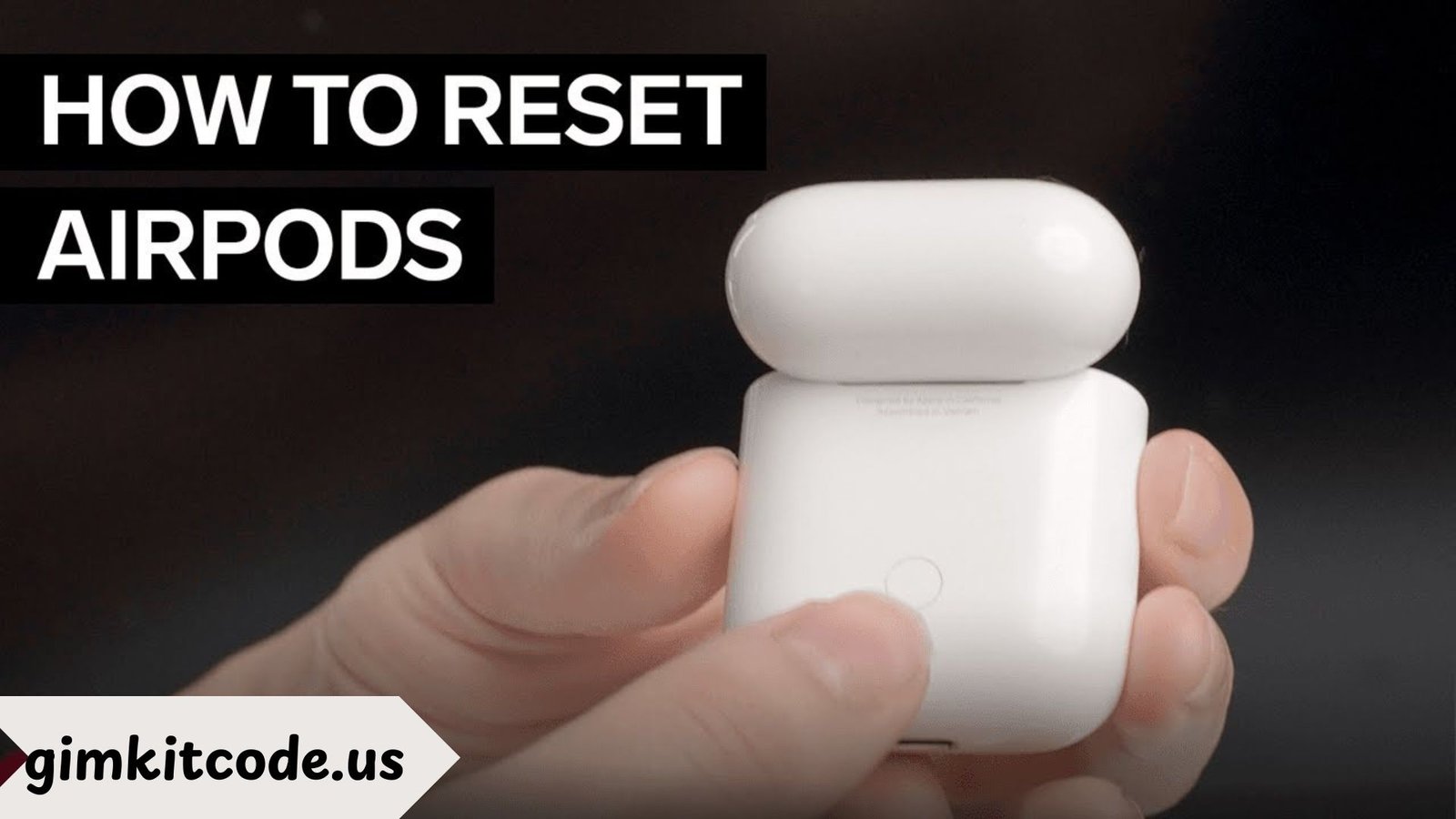

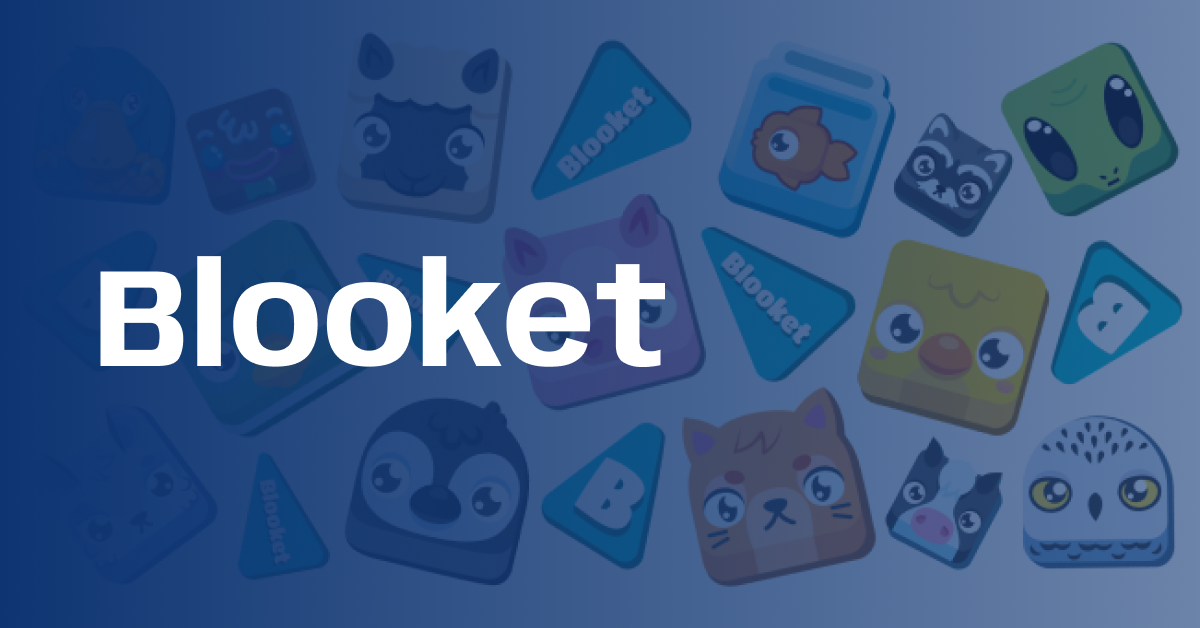
Leave a Reply